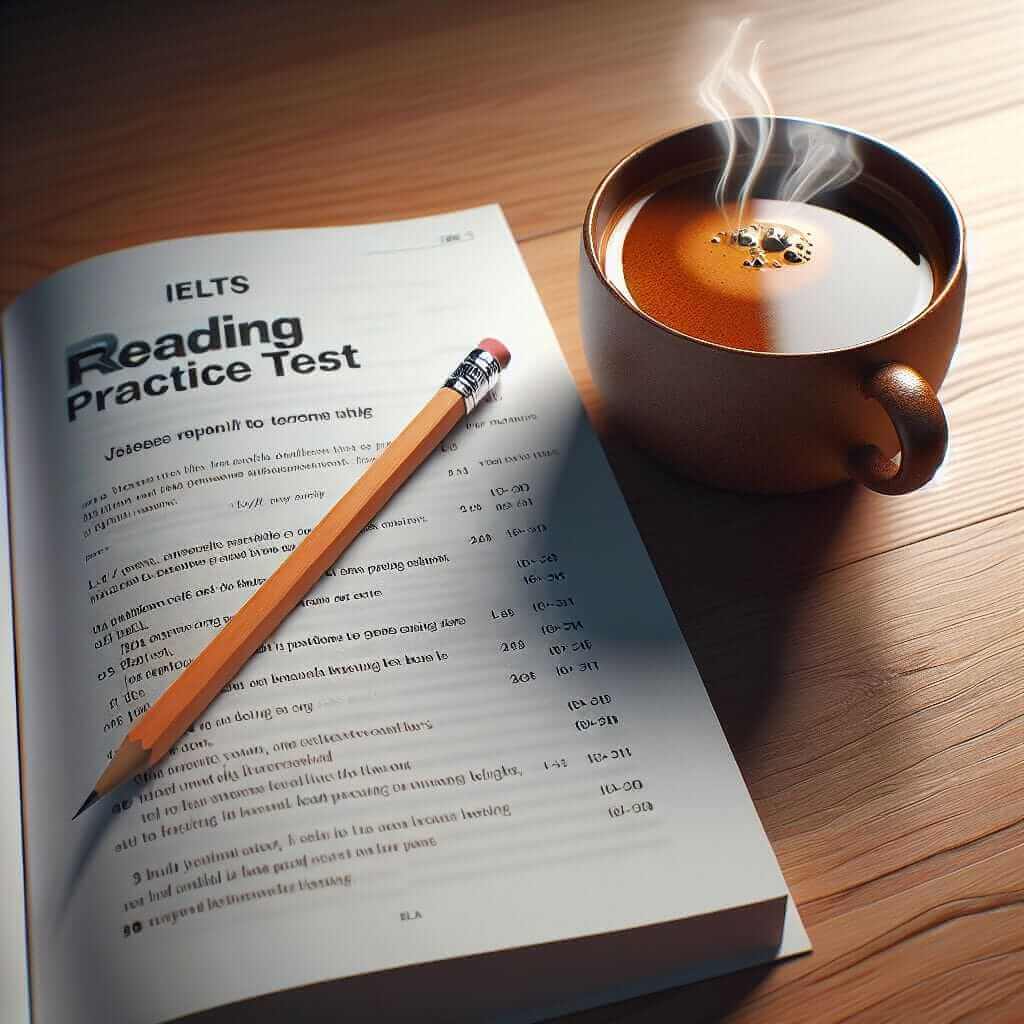The IELTS Reading component is a rigorous test of your ability to understand, interpret, and analyze written English. For advanced learners aiming to achieve a high band score, having an arsenal of effective reading strategies is crucial. This article delves into the best reading strategies for advanced learners, offering detailed explanations, practical examples, and guidance on applying these strategies to real IELTS exams.
Nội dung bài viết
- Understanding the Keyword: IELTS Reading Strategies for Advanced Learners
- Importance of Advanced Reading Strategies
- Keyword Breakdown
- Key Strategies for Advanced Learners
- 1. Skimming and Scanning
- Example:
- 2. Understanding Question Types
- Example:
- 3. Inferencing
- Example:
- 4. Vocabulary and Context Clues
- Example:
- 5. Time Management
- Example:
- Common Pitfalls and How to Avoid Them
- Misinterpreting Questions
- Over-Reading
- Ignoring Instructions
- Practical Exercises and Resources
- Applying Strategies to Real IELTS Tests
- Recommended Practice Materials
- Conclusion
Understanding the Keyword: IELTS Reading Strategies for Advanced Learners
Importance of Advanced Reading Strategies
Advanced reading strategies are essential for several reasons:
- Efficiency: Managing time effectively in the reading section.
- Comprehension: Understanding complex texts quickly and accurately.
- Accuracy: Enhancing your ability to locate correct answers with precision.
Keyword Breakdown
- IELTS Reading: Refers to one of the four skills tested in the IELTS exam, encompassing various types of texts and a series of questions to assess comprehension.
- Strategies: Specific methods or techniques employed to improve performance.
- Advanced Learners: Students who have a high level of proficiency in English and aim to achieve top scores in the IELTS exam.
Key Strategies for Advanced Learners
1. Skimming and Scanning
Skimming is a technique used to quickly gather the main ideas of a text, while scanning involves looking for specific information.
Example:
For a passage about “The impact of climate change on polar bears,” you should:
- Skim to understand the general thesis and structure.
- Scan to locate specific facts or data, like “average temperature rise” or “PBI index.”
Exercise:
Take a sample IELTS reading passage and practice skimming for the main idea in under 2 minutes. Then, scan for specific details mentioned in the questions.
2. Understanding Question Types
IELTS Reading includes various question types such as multiple choice, true/false/not given, matching headings, and more.
Example:
For a “True/False/Not Given” question, it’s vital to distinguish between information that is explicitly stated, implicitly stated, and not stated at all.
Exercise:
Work with past IELTS papers, focusing on identifying the differences in question types and practicing each accordingly.
3. Inferencing
Advanced learners should be adept at reading between the lines to interpret implied meanings.
Example:
In passages discussing scientific research, infer conclusions based on evidence presented rather than explicitly stated opinions.
Exercise:
Read articles from academic journals and practice summarizing the implied conclusions.
4. Vocabulary and Context Clues
Having a robust vocabulary is essential, but equally important is using context to deduce the meaning of unfamiliar words.
Example:
In a text about “renewable energy,” understand that “photovoltaic cells” refers to solar panels through contextual references to sunlight and electricity generation.
Exercise:
Choose challenging texts and underline unfamiliar words. Try to infer their meanings from the surrounding sentences.
5. Time Management
Allocate time wisely for each passage and question set.
Example:
Spend around 5-7 minutes skimming and scanning each passage, leaving ample time to answer the questions.
Exercise:
Use a timer while practicing full-length reading sections to simulate exam conditions.
Common Pitfalls and How to Avoid Them
Misinterpreting Questions
Understanding exactly what a question asks is crucial.
Tip: Always underline keywords in both the questions and passages.
Over-Reading
Spending too much time on one passage can be detrimental.
Tip: Practice makes perfect. Get used to the pace required by timing your practice sessions.
Ignoring Instructions
Neglecting to follow specific question instructions can lead to unnecessary mistakes.
Tip: Pay close attention to instructions for each question type, especially concerning word limits.

Practical Exercises and Resources
Applying Strategies to Real IELTS Tests
Exercise:
- Retrieve past IELTS reading sections and attempt them using our discussed strategies.
- Review your answers, especially the ones marked incorrectly, and identify whether the error was due to a lack of comprehension, misinterpretation of the question, or inefficiency in strategies applied.
Recommended Practice Materials
- Cambridge IELTS Practice Tests: These offer an excellent resource for realistic practice.
- Official IELTS Practice Materials: Ensure familiarity with the test format and question types.
- Newspapers and Journals: Regular reading from varied sources like The Economist, National Geographic can also be very beneficial.
Conclusion
To excel in the IELTS Reading section, especially as an advanced learner, implementing these strategies effectively is essential. From skimming and scanning to vocabulary deducing and time management, each method plays a critical role in achieving a top band score. Consistent practice, coupled with strategic application, will undoubtedly lead to improvement and confidence in handling the reading section of the IELTS exam.
Get Involved:
If you found these strategies useful, share your thoughts or ask questions in the comments below. Also, don’t forget to explore other articles on our website to further enhance your IELTS preparation. Happy studying!